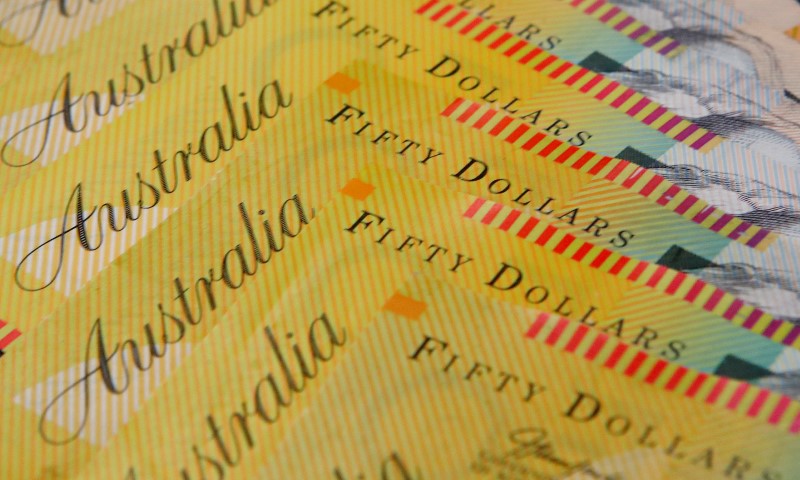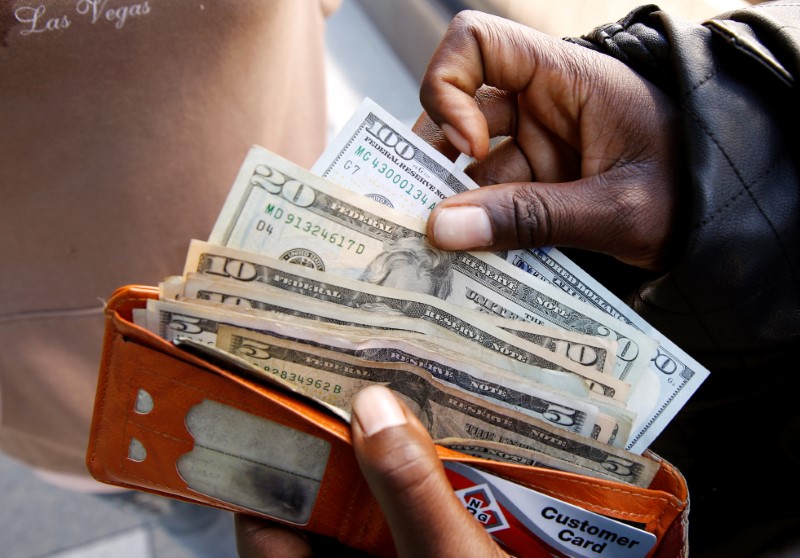By Tom Westbrook
SINGAPORE (Reuters) - Riskier currencies rose against the dollar on Monday as investors looked to positive signs from China's coronavirus recovery and wagered on an easing in Sino-U.S. tensions.
The trade-sensitive Australian dollar
U.S. President Donald Trump made no move to impose new tariffs on China during a news conference on Friday where he outlined his response to Beijing's tightening grip over Hong Kong.
"That removed the near-term risk of any intensification of the U.S.-China trade war," said Ray Attrill, head of FX strategy at National Australia Bank (OTC:NABZY) in Sydney.
Moreover, investors were encouraged by the Caixin/Markit Purchasing Managers Index showing marginal but unexpected improvement in Chinese factory activity last month.
The New Zealand dollar
The market mood was notable given major U.S. cities were bracing for another night of violence, as demonstrations against police brutality have turned into a wave of outrage.
Analysts said the unrest was concerning, and perhaps a pointer to a close-run Presidential election in November, but unlikely to shift short-term optimism about the U.S. economy.
"It's tough to be a bear at the moment and the path of least resistance for risk remains to the upside in my opinion," said Chris Weston, head of research at Melbourne brokerage Pepperstone.
AUSSIE BOUNDS AHEAD
The Australian dollar was the standout gainer, though, and hit milestone highs on crosses as well as the dollar - climbing to a three-month high against the yen (AUDJPY=) and a 10-month high on the loonie (AUDCAD=). [AUD/]
The advance was underpinned not just by the better mood, but also by the soaring price of its top export - iron ore - which hit a record high on Monday. [IRN/]
"We're pretty optimistic about the Aussie this week," said Commonwealth Bank of Australia (OTC:CMWAY) FX analyst Joe Capurso.
"Market participants believe that the worst of the health and financial and economic crises are now behind us ... and if we're past the worst of it, then commodity currencies tend to do well and the U.S. dollar tends to do poorly," he said.
The Reserve Bank of Australia meets to set monetary policy on Tuesday, but is unlikely to change settings since Governor Philip Lowe said clearly last week that further easing or negative rates are unlikely to be required.
Elsewhere the euro (EUR=EBS) rose 0.2% to $1.1135, just below a two-month high of $1.1145, as investors drew confidence from the European Union's plans for a coronavirus recovery fund.

The pound
